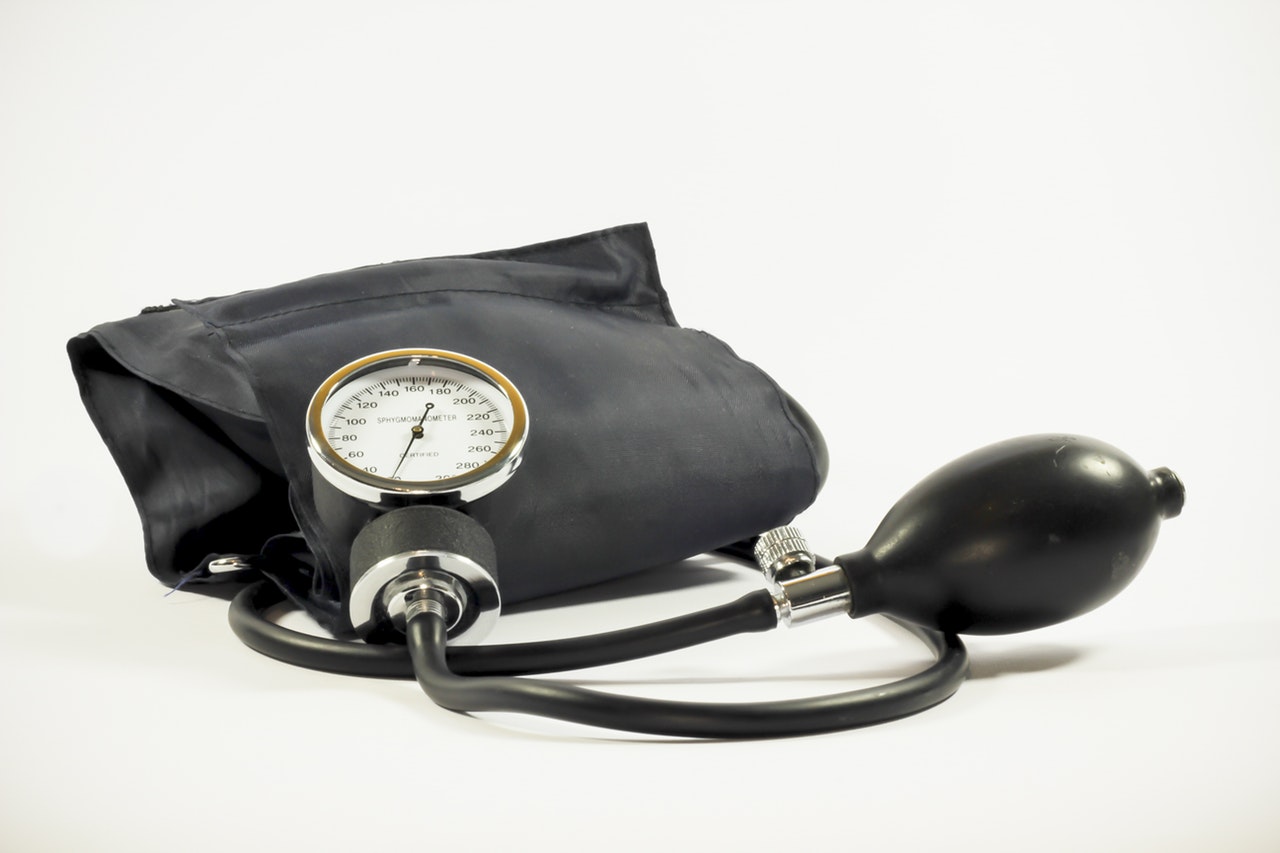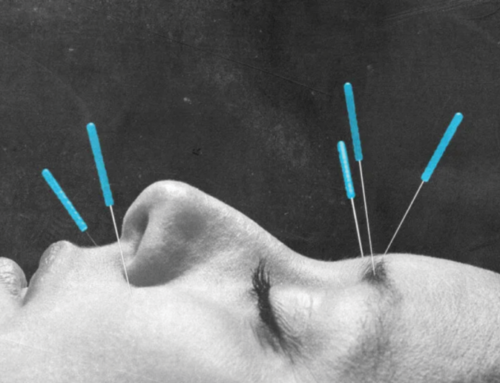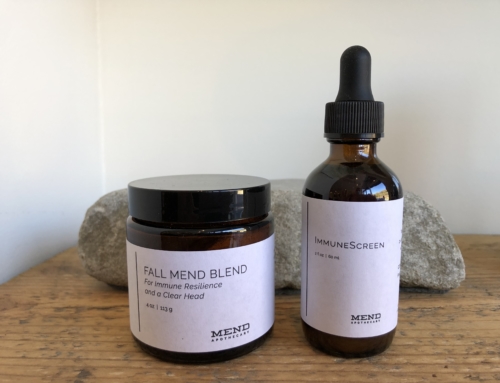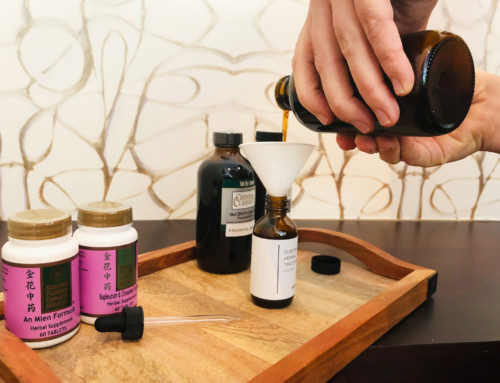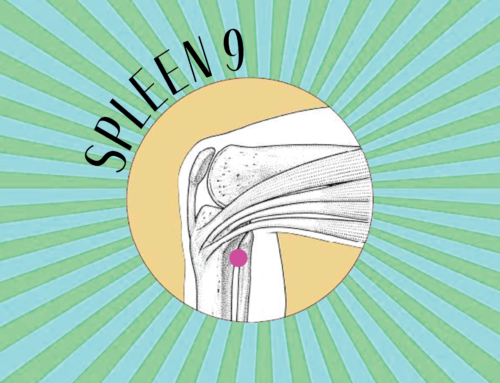Unknown to the West for centuries, acupuncture is finally making great headway in the American medical system. One of the more recent recognitions it’s getting in the U.S. is the ability to successfully treat hypertension.
When looking up studies that measure the success for acupuncture in treating hypertension and its varying side effects, hundreds come up. Although most of these are in Chinese, which points to the need for more acupuncture research in the West, the overwhelming conclusion of the studies is that it can be highly effective. Current research supports acupuncture as a natural-antihypertensive. Regular (weekly) acupuncture can reduce overall systolic and diastolic blood pressure levels. Secondly, patients reported less side-effects from the medications when necessary.
The primary causes of hypertension are almost all due to lifestyle choices. The most common being smoking, poor diet, and lack of exercise. In Chinese Medicine, emotions can also play a large part. More specifically, not handling emotions properly. The emotion most often associated with hypertension is frustration, which can show as the increased irritability many with hypertension experience.
Typically in our culture, anger/frustration is seen as negative, and so many stifle the expression of this emotion until it gets to a point that’s difficult to control. The outburst that follows suppressed frustration may be the reason that it has a negative stigma, but if we learned to express frustration in a healthy way before it gets to that point–outbursts would become extremely rare. Frustration would also flow naturally, and thereby have a less negative impact on our health.
Frustration is caused by unfulfilled desires or unmet expectations. This concept isn’t easy to work on, even when knowing this insight. An easier action that anyone can do that can help reduce frustration in the body in addition to acupuncture is Qi Gong.
Qi Gong is an extremely ancient art of healing (it’s even older than acupuncture!) and can be done by anyone, anywhere. At its core is the synergy of one’s breath, with gentle movement and intention. Along with Tai Chi, Qi Gong is often called a type of “moving meditation.”
If you, or someone you know has hypertension and would like to try acupuncture, please contact us today. If looking to reduce frustration thereby helping your blood pressure, we suggest these two short Qi Gong videos from Lee Holden and Mimi Kuo-Deemer to get you started.
Zhou, Longhurst, Evidence-Based Complementary and Alternative Medicine, 2012

